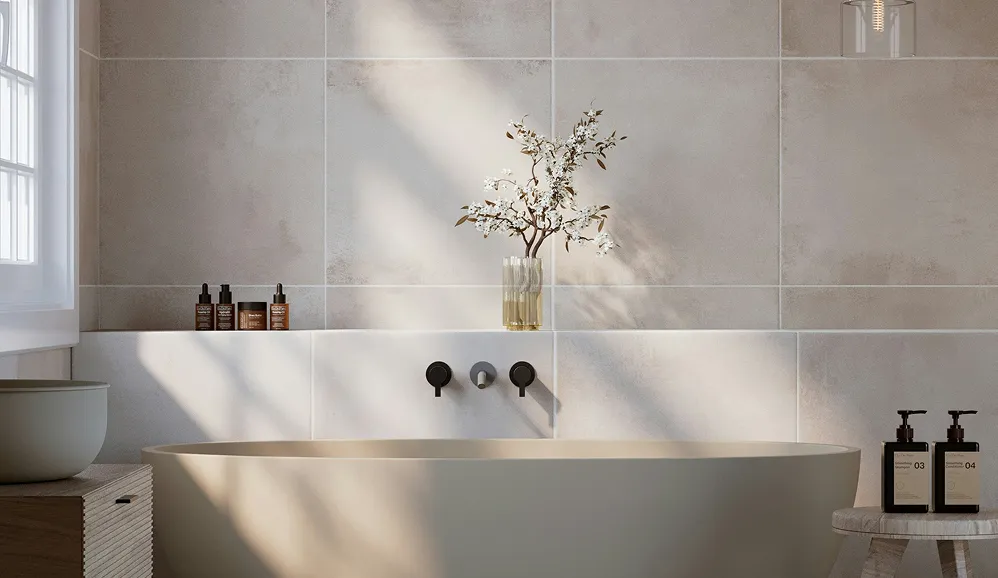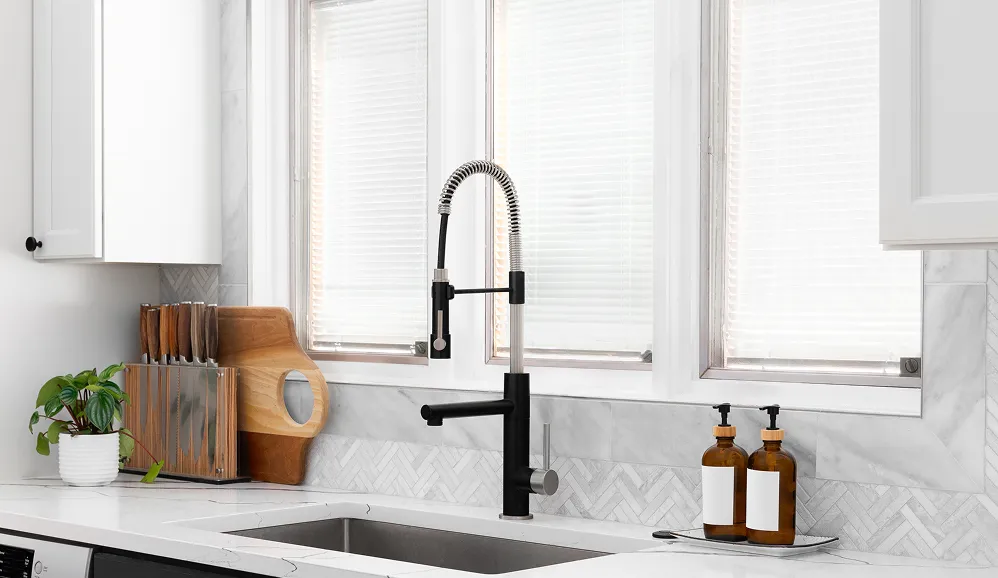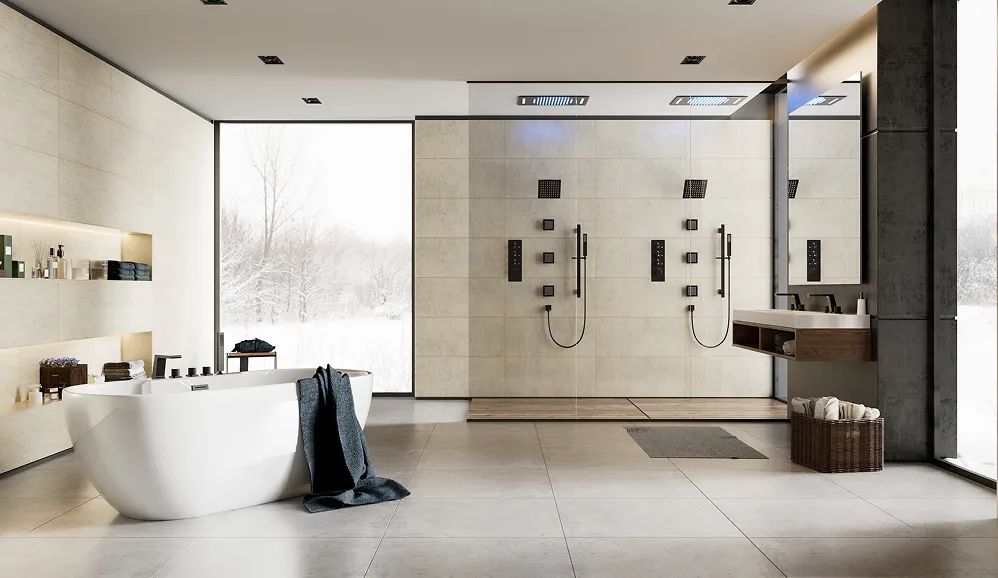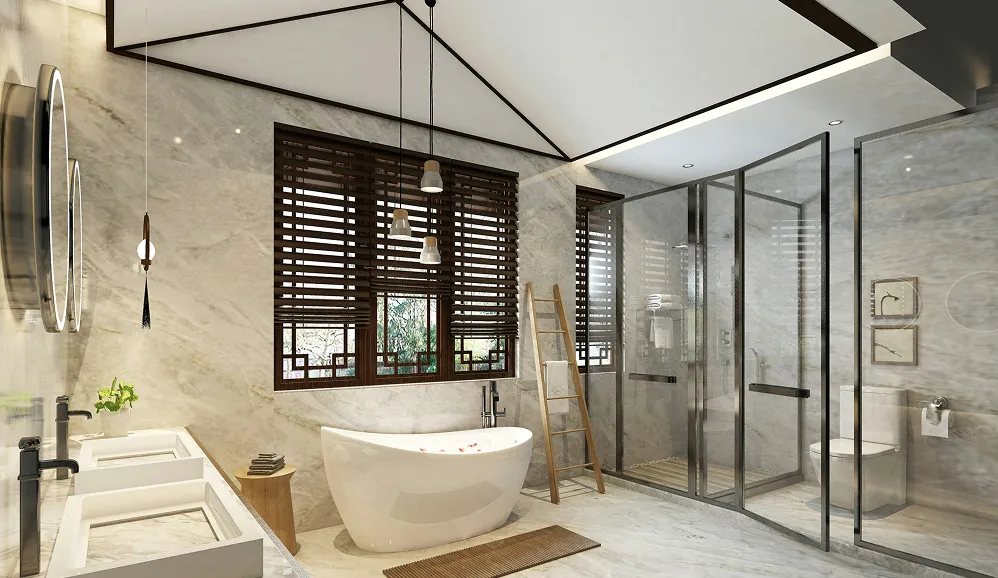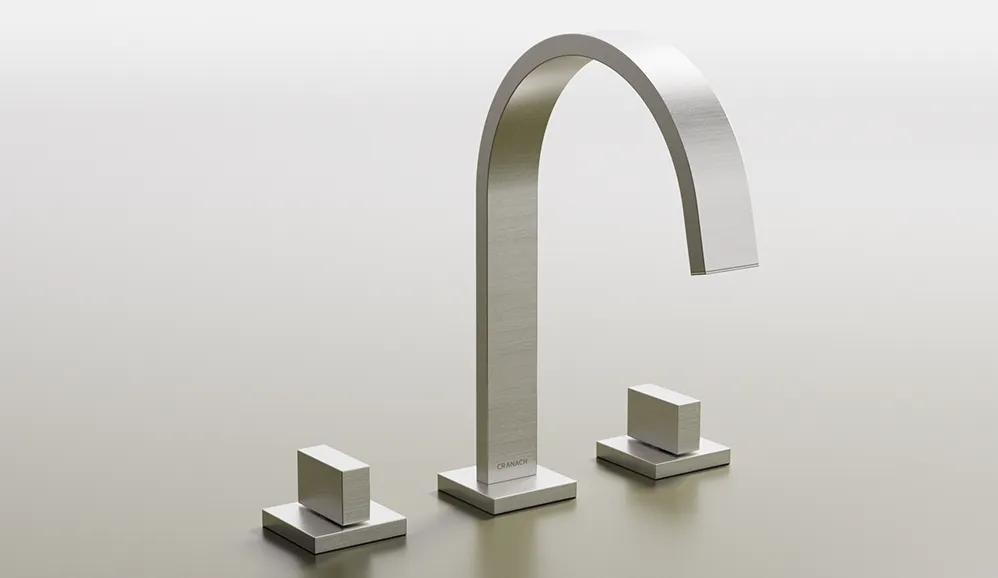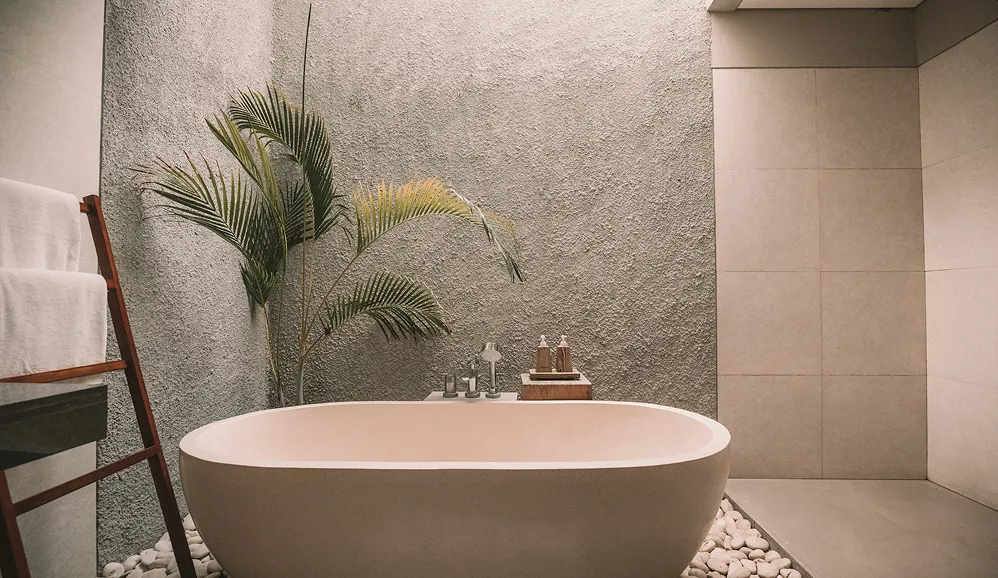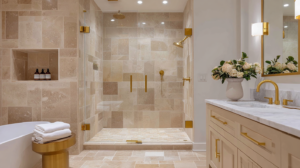Can a Shower Actually Help with Anxiety?
The Answer May Surprise You
- Sarah Miller
- May 14, 2025
Can a Simple Shower Soothe Your Anxiety?
When it comes to easing anxiety, an unexpected hero is stepping into the spotlight: the ordinary shower. This everyday ritual is being reimagined as more people turn to cold or warm showers in their search for natural ways to calm their minds. With so many exploring this simple yet intriguing remedy, it’s time to ask—can a shower really help with anxiety?
In this piece, we’ll dive into the science, personal stories, and potential reasons why showering might just be the refresh your mental health needs. Stick with us as we uncover how this familiar act could make all the difference in managing stress.

What Is Anxiety?
Anxiety is your body’s natural reaction to stress, making you feel worried, scared, or uneasy. Everyone experiences it sometimes, but when it sticks around and disrupts your daily life, it can become a problem. Common types include general anxiety, panic attacks, social anxiety, and phobias.
Signs of anxiety can show up physically, like a racing heart, sweating, stomach issues, or feeling tense. Emotionally, it may cause constant worry, restlessness, irritability, and trouble focusing. Mentally, you might have racing thoughts, obsessive fears, or difficulty relaxing.
What Causes Anxiety?
Anxiety isn’t caused by just one thing—it’s usually a mix of factors working together. Genetics and brain chemistry can play a role, especially if there’s a family history of anxiety. Stressful life events like trauma, loss, or constant pressure from work or relationships can also trigger it. Personality traits, like overthinking or perfectionism, might make some people more prone. Even health issues, hormonal changes, or substance use can contribute. Often, it’s a combination of these influences coming together, making each person’s experience unique. Understanding what’s behind it is the first step to finding relief.
How Is Anxiety Treated?

Can Cold Showers Really Help with Anxiety?
Cold showers are gaining attention as a simple yet potentially powerful tool to help with anxiety. The sudden cold triggers your body’s “cold shock” response, activating the nervous system and releasing norepinephrine—a brain chemical that boosts mood and focus. This rush not only sharpens mental clarity but may also reduce feelings of anxiety. Cold water also improves circulation and encourages endorphin release, those natural mood-lifters that leave you feeling energized and refreshed. Beyond the physical effects, stepping into cold water builds resilience by teaching your mind and body to handle discomfort, which can help you better manage stressful situations over time. While cold showers aren’t a standalone cure for anxiety, they offer a quick, invigorating boost that might complement other strategies like therapy, mindfulness, or lifestyle changes. As with any health practice, it’s always smart to check with a healthcare professional to see if this could be a good fit for you. Sometimes, even small habits—like taking that chilly plunge—can make a big difference.
Are Cold Showers Worth It?
While cold showers aren’t a one-size-fits-all solution, they do offer a range of potential benefits for overall health and well-being. The jolt of cold water can boost alertness and energy, improve circulation by stimulating blood flow, and even help with muscle recovery by reducing inflammation. Some people swear by their ability to improve skin and hair health, as cold water tightens pores and adds shine. Regular exposure may also strengthen your immune system and build resilience to colder temperatures over time. But as refreshing as they sound, cold showers aren’t for everyone. They can feel uncomfortable, especially if you’re sensitive to cold or have conditions like Raynaud’s disease. For some, the shock might even heighten anxiety rather than ease it. There’s also the risk of slips on wet surfaces or circulatory stress for those with pre-existing conditions. Ultimately, how you respond to cold showers is personal—what invigorates one person might not work for another. If you’re curious about trying them, start slow and listen to your body. And if you have any health concerns, it’s always smart to check with a healthcare professional first.

Can Warm Showers Help You Unwind?
Warm showers bring their own set of perks, especially when it comes to relaxation and stress relief. The soothing heat helps loosen muscles, calm the mind, and melt away tension—making it a great way to unwind after a long day. A warm shower before bed can even improve sleep by signaling your body it’s time to rest, thanks to the rise and fall in body temperature. For those dealing with muscle stiffness or joint pain, the increased blood flow from warm water can provide temporary relief. Steam from the shower also offers respiratory benefits, easing congestion or allergies. While warm water cleanses skin effectively, it’s important to avoid overly hot showers, as they can strip natural oils and cause dryness. Most importantly, warm showers are comforting for many and align with personal preferences. Whether you choose warm or cold depends on what feels right for your body—listen to yourself and adjust based on your needs or health conditions.
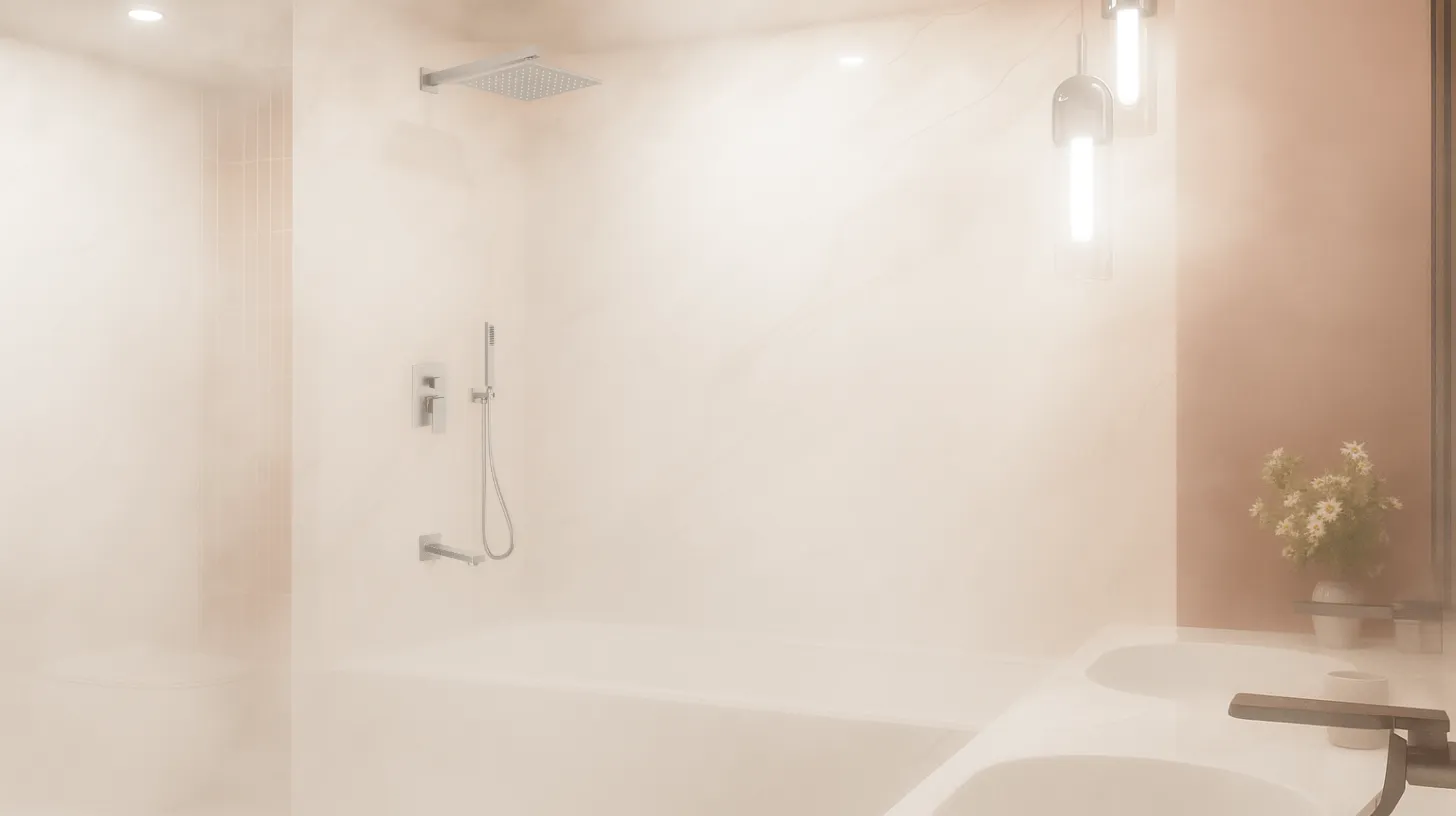
What Are Other Ways to Calm Anxiety?
Aside from showers, there are many ways to ease anxiety. Deep breathing or mindfulness can help quiet your mind, while regular exercise like walking or yoga relieves tension. Taking time for self-care—like reading, hobbies, or being in nature—can also promote relaxation. Establishing a routine adds stability, and talking to trusted friends or family offers emotional support. If anxiety feels too overwhelming, seeking help from a therapist can provide the right tools to manage it. Small steps can make a big difference.
Can Showers Really Help with Anxiety?
Cold showers may trigger a calming physiological response, while warm showers can relax the body and mind. Both might offer temporary relief, but anxiety is a complex condition that often needs a broader approach, like therapy or lifestyle changes. Consider your comfort level and consult a healthcare professional before incorporating showers into your routine. Finding what works best for you is key to effective anxiety management.

